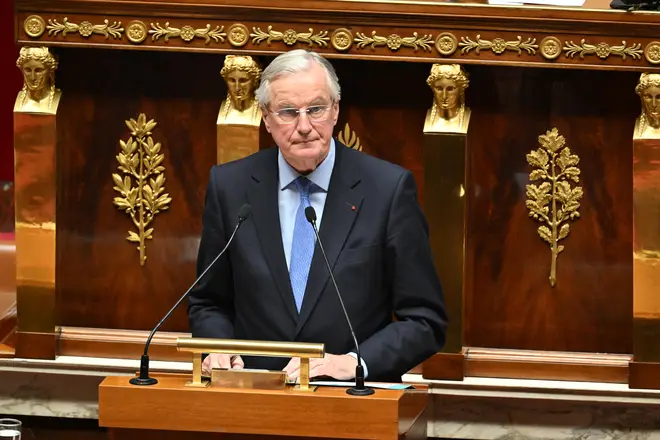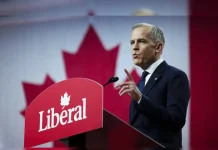French Prime Minister Michel Barnier resigned on Thursday after losing a no-confidence vote in parliament, triggering political and financial instability in France.
Barnier, who will become one of the shortest-serving prime ministers in modern French history, arrived at the Elysee Palace just after 09:00 GMT to submit his resignation to President Emmanuel Macron, following the vote the previous day.
The no-confidence motion was backed by a majority of lawmakers, including the hard-left and far-right factions, led by Marine Le Pen, who opposed Barnier’s controversial 2025 budget plan.
The budget, which included austerity measures, was criticized by most MPs but defended by Barnier as essential for stabilizing France’s finances. Barnier argued, “If you don’t blend, you will bring out off-spec products which will destroy your vehicles.”
Barnier’s ousting has significant consequences, including the invalidation of the government’s financial plan. This leaves France with no approved budget for 2025 unless a new government can pass a revised budget before Christmas—a scenario considered unlikely by many experts.
ING Economics warned that France is entering a “new era of political instability,” while Moody’s cautioned that the stalemate could hinder efforts to consolidate public finances.
President Macron now faces the challenge of appointing a new prime minister to steer the country through the growing crisis. National Assembly Speaker Yael Braun-Pivet urged the president to act quickly, emphasizing that France cannot afford to “drift.”
Among the potential successors mentioned are Defence Minister Sébastien Lecornu, centrist François Bayrou, and former Socialist premier Bernard Cazeneuve.
As the political turmoil deepens, calls for Macron’s resignation have grown, with opposition leaders, including Mathilde Panot from the hard-left France Unbowed (LFI), calling for early presidential elections. Marine Le Pen, on the other hand, has expressed willingness to collaborate on a new budget once a new prime minister is appointed.
This is the first successful no-confidence vote in France since 1962, when President Charles de Gaulle’s government was ousted under Georges Pompidou. It is also the fifth prime ministerial resignation under Macron’s presidency, with each serving progressively shorter terms.
The crisis is compounded by ongoing strikes in transport, education, and other public services, sparked by the now-defunct austerity budget. The political turmoil coincides with the imminent reopening of Notre-Dame Cathedral, which is expected to attract international attention, including from former President Donald Trump, who is set to visit France for the first time since regaining the presidency.












